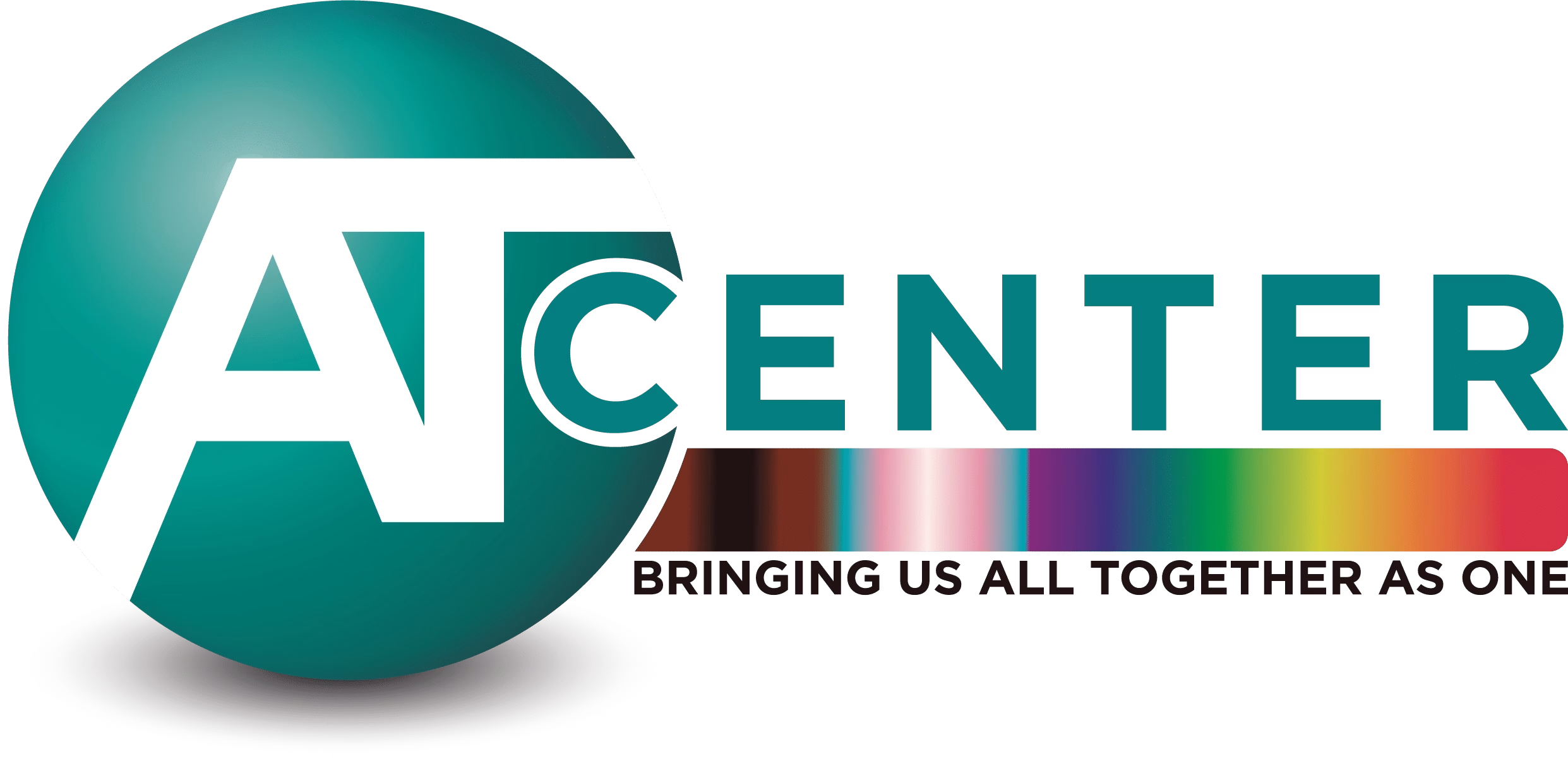The spiritual approaches outlined in today’s Stress-Free Zone focuses on recovery and wellness by seeking a higher power, surrendering difficulties, and relieving distress. Let’s compare these practices with the teachings of two renowned spiritual leaders: Thich Nhat Hanh and Eckhart Tolle.
Thich Nhat Hanh is a Vietnamese Buddhist monk, peace activist, and renowned spiritual leader. His teachings emphasize mindfulness, compassion, and interconnection. In the context of recovery wellness, Thich Nhat Hanh’s teachings align with the spiritual approaches mentioned in the quotes.
Thich Nhat Hanh encourages individuals to cultivate mindfulness, which involves being fully present and aware in each moment. By practicing mindfulness, individuals can develop a deeper understanding of their cravings, attachments, and sources of suffering. This awareness allows them to recognize the pain of living without addictive substances or behaviors, as described in the first quote. Thich Nhat Hanh teaches that by embracing this pain and seeking a higher power. Individuals can tap into their inner resources and the interconnectedness of all beings. This seeking of a higher power aligns with the idea of finding relief through a Power greater than oneself.
–
The Third Step Prayer, as mentioned in the second quote, reflects the surrendering of difficulties to a higher power. Thich Nhat Hanh teaches a similar principle of surrender, emphasizing the practice of letting go. He encourages individuals to release attachments, expectations, and desires that cause suffering. By surrendering these difficulties to the present moment, individuals can find peace, acceptance, and a sense of interconnectedness with all life.
Eckhart Tolle is a spiritual teacher and author known for his teachings on presence, consciousness, and the power of now. His teachings also resonate with the spiritual approaches mentioned in the quotes.
Tolle emphasizes the importance of being fully present in the present moment, free from identification with thoughts and the ego. This practice aligns with the first quote. As individuals in recovery learn to face the pain of living without drugs or addictive behaviors. By embracing the present moment and seeking a Power greater than themselves. Tolle teaches that by becoming aware of the pain and surrendering to the present moment. Individuals can transcend their identification with suffering and find relief in the deeper dimensions of consciousness.
–
The Second Step Prayer, which seeks to relieve difficulties. And do the higher power’s will, resonates with Tolle’s teachings on the power of presence. He emphasizes that true power lies in surrendering to what is and aligning with the intelligence of the present moment. By accepting difficulties and surrendering the need for control. Individuals can tap into the transformative power of the present moment and align with the greater flow of life.
In summary, the spiritual approaches discussed in the provided in today’s Zonr post align with the teachings of Thich Nhat Hanh and Eckhart Tolle. All emphasize seeking a higher power, surrendering difficulties, and finding relief through presence, acceptance, and interconnectedness. These practices in recovery wellness guide individuals to transcend the limitations of the ego, tap into inner resources. And find solace, peace, and a deeper understanding of their own nature. By embracing these teachings and practices, individuals can experience personal growth, healing, and a greater sense of well-being.

